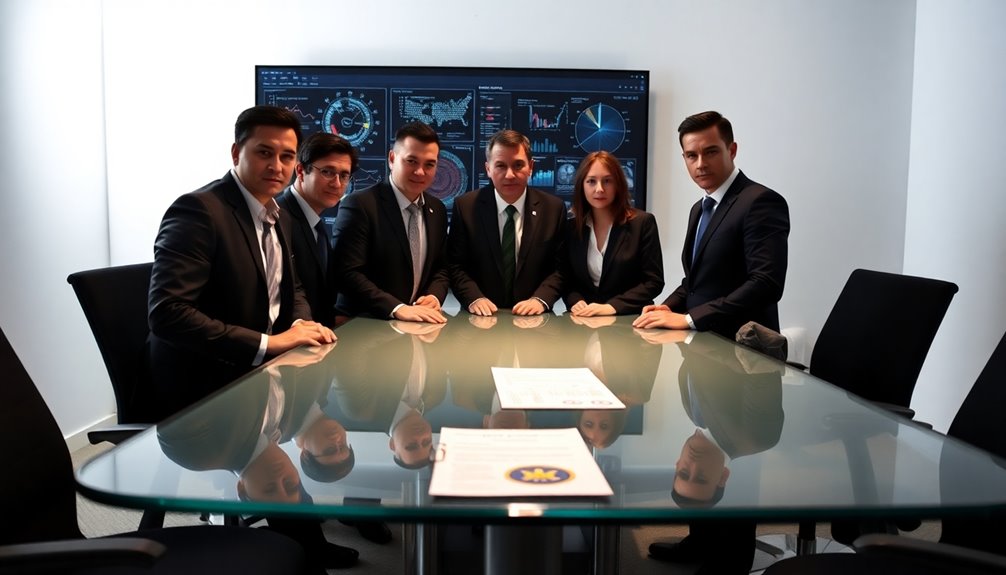
As Google continues to shape the future of technology, it’s noteworthy that the company has tapped into a unique talent pool—former agents from Israel’s elite intelligence unit, Unit 8200. This unit is known for its expertise in surveillance, cyber warfare, and data analysis, making these former agents highly sought after in the tech industry. You might be surprised to learn that hundreds of these individuals now hold influential positions at major tech companies, including Google, Microsoft, Facebook, and Amazon.
When you look at Google’s recruitment efforts, the numbers speak for themselves. At least 99 former Unit 8200 agents have publicly acknowledged their roles at Google on LinkedIn, and many occupy senior positions, such as Head of Strategy and Operations and Head of Insights. Their backgrounds in artificial intelligence, machine learning, and cybersecurity significantly contribute to the development of Google’s AI systems, enhancing the company’s overall technological capabilities. Nearly every department at Google employs at least one former CIA officer, which further blurs the line between technology and intelligence.
These agents aren’t just a domestic phenomenon; they’ve a global presence, influencing tech companies worldwide. With their expertise, they’re shaping the future of AI and cybersecurity, which raises important questions about the implications of their backgrounds. Unit 8200 has faced significant criticism for its controversial practices, especially concerning the surveillance of the Palestinian population. Critics argue that such experiences can lead to ethical concerns when applied in the tech industry, particularly in areas like AI development and data privacy.
Google’s partnerships and acquisitions further highlight this intersection of technology and intelligence. The company’s acquisition of Wiz, a cloud security firm founded by former Unit 8200 members, for $32 billion showcases how intertwined these worlds have become. Additionally, Project Nimbus, a partnership between Google and Amazon to provide cloud services to the Israeli military, sparked employee protests and raised human rights concerns.
As you consider the implications of hiring former spies for AI development, it’s essential to recognize the ethical dilemmas involved. Many of these agents have expressed support for Israeli policies, including actions related to Gaza, leading to fears about potential human rights abuses. The involvement of former Unit 8200 agents in AI and machine learning isn’t just a technological issue; it’s a moral one that invites scrutiny from human rights advocates and the public at large.
In a world where technology increasingly intersects with global issues, the implications of these hires will continue to unfold. You’ll want to stay informed on how these dynamics shape both the tech industry and broader societal concerns.









